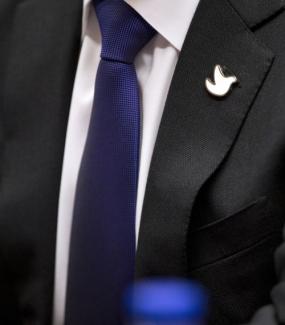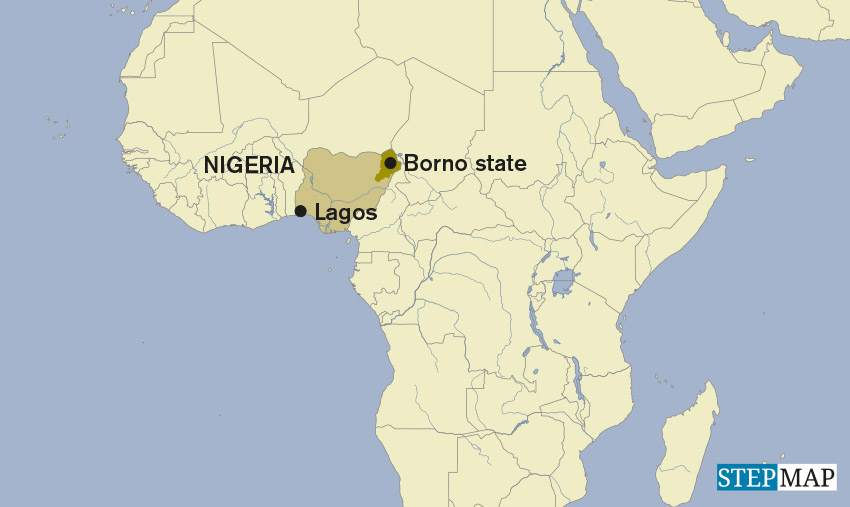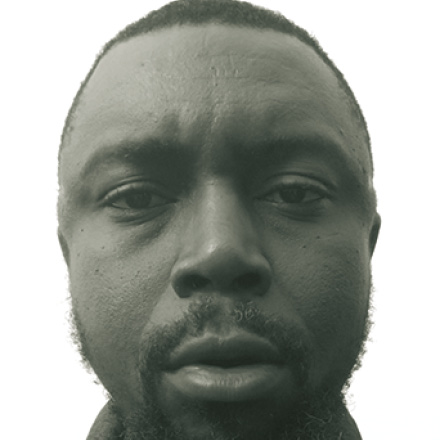Editorial
Promoting peace

Peace is more than a long-term ceasefire. Fundamentally disrupted societies need reconstruction. Confidence in the judicial system needs to be restored. Jobs must be created for people who relied on guns to generate income. Above all, a great number of civilian victims need support for coping with and overcoming trauma. Normal life must become possible once more.
Colombia is making history. After half a century of civil war, the conflict parties are venturing out on the rocky road to peace. But Colombian activists rightly point out that a peace treaty as such does not settle anything. It is merely the beginning of a long societal process which eventually may lead to lasting peace.
States and societies which embark on this journey need and deserve international support, including funds for monitoring the peace process and institution building. In every post-conflict country, the people include perpetrators of violence and their victims, and they now must jointly build a peaceful society. This is not easy. Competent legal work needs to be done to resolve issues of justice and account for fundamental crimes.
These things were not done properly in South Sudan, neither after the country became independent in 2011 nor after the outbreak of renewed fighting in 2013. Consequently, underlying tensions have triggered new conflict, which is being exacerbated by the bad economic situation. Now the country is making headlines with human-induced famine.
Unless they are implemented properly, peace treaties signed by politicians are no more than mere paper. It is essential to kick-start the economy and to create new perspectives. Strong institutions, the rule of law and sturdy infrastructure would be helpful – but they are what is typically missing in post-conflict situations. Trust has to be built from scratch.
Accordingly, civil society plays a crucial role in stabilising society. Once more, support is needed so small organisations can form and cover their costs. Otherwise, they will not be able to contribute their desperately needed share to the reconstruction of society. After years of conflict, people have to relearn how to live together peacefully.
Consider, for instance, the experience of sexualised violence. It deeply hurts women, their families and the social cohesion of entire villages. In order to come to terms with the trauma, not only civil conflict resolution matters, psychosocial support and economic assistance do so too.
For people to consider and respect human rights, they first need to have enough to eat. On that basis, local networks can grow again, and they can boost traditional forms of peace-building. All cultures have strategies for reconciliation. Starting anew is difficult – but not impossible.
Sheila Mysorekar is a member of the editorial team of D+C/E+Z.
euz.editor@fs-medien.de












